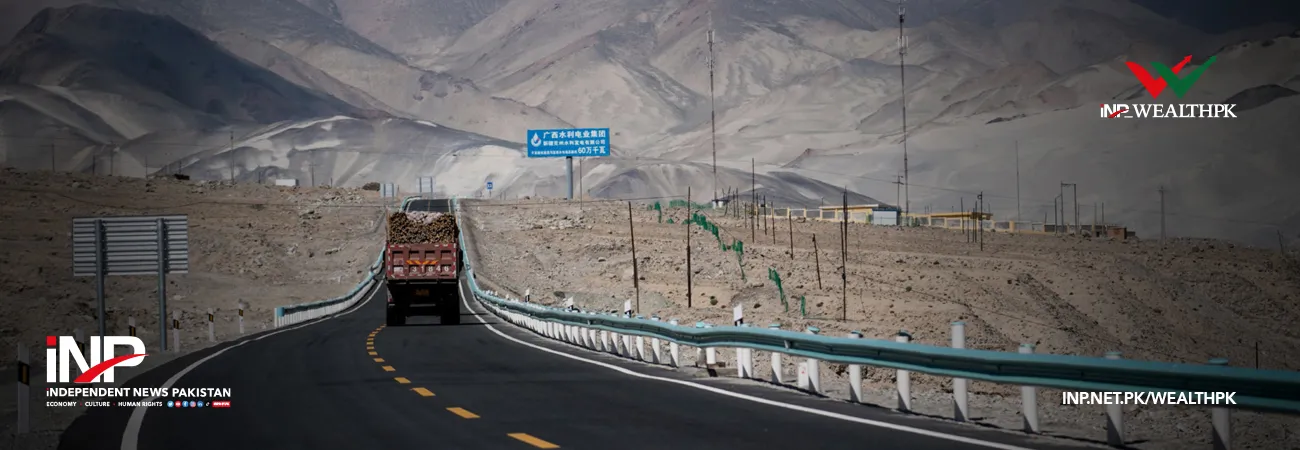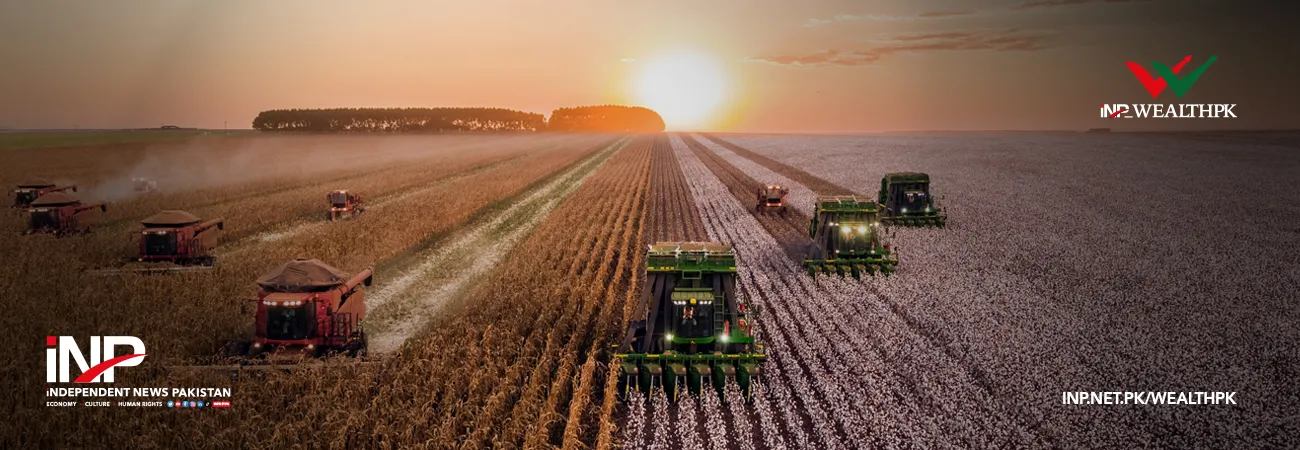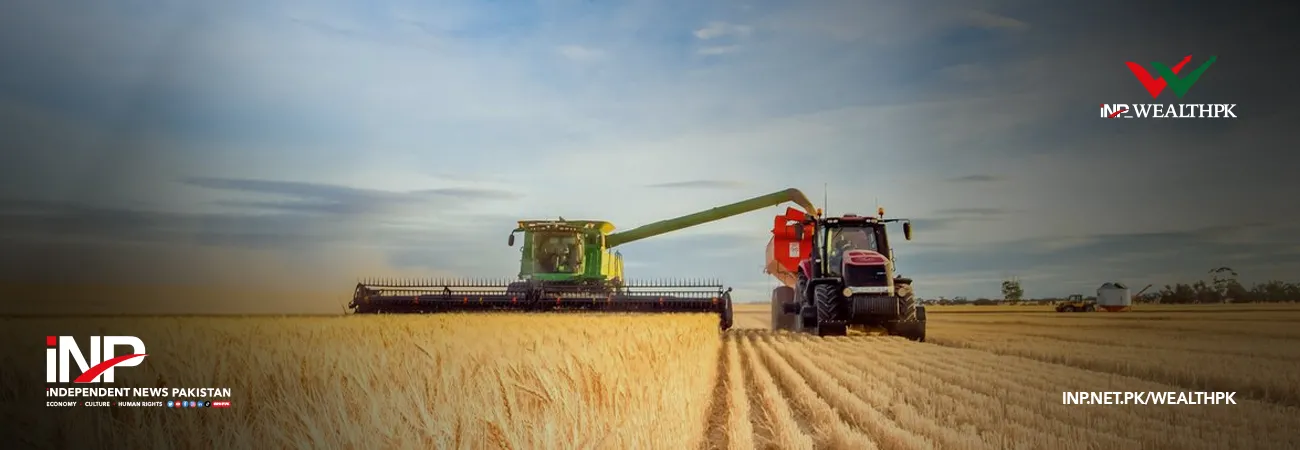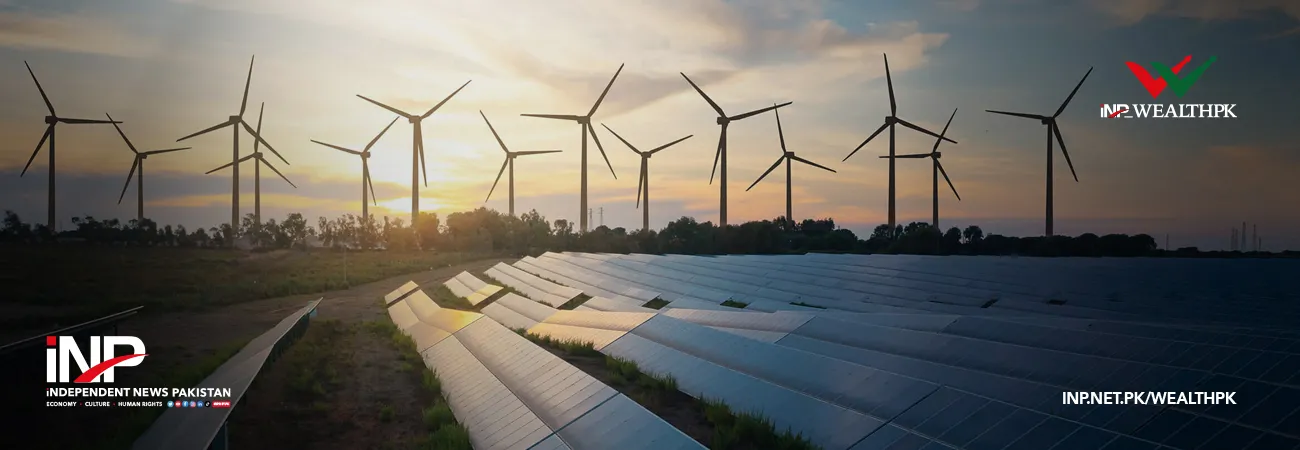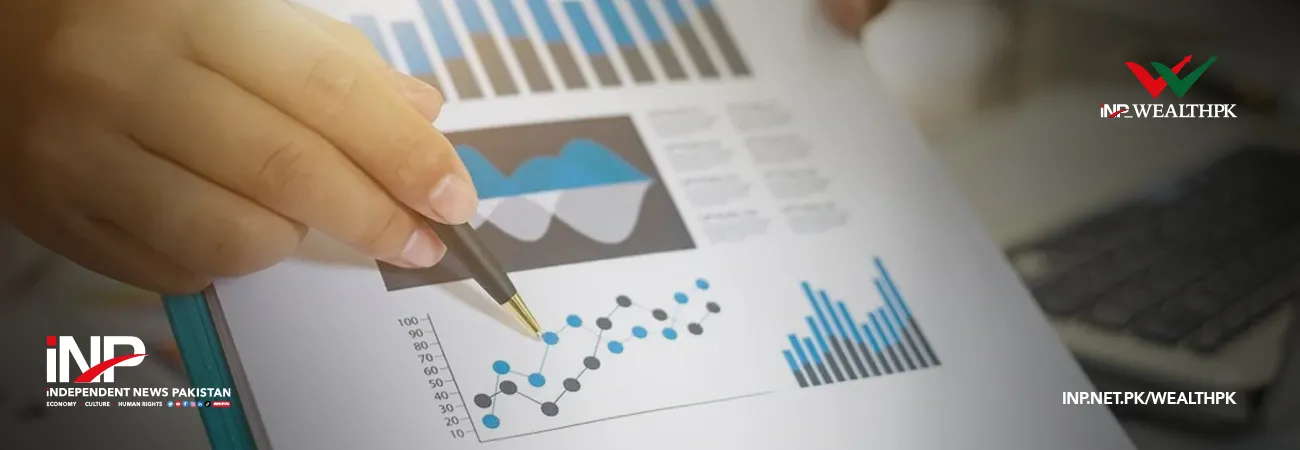آئی این پی ویلتھ پی کے
Muhammad Saleem
Multimodal trade corridors are key to Pakistan’s economic future. Zia Hussain, an industrialist and former President of the Faisalabad Chamber of Commerce & Industry (FCCI), told WealthPk that Pakistan needs a robust economy to fight poverty, control inflation, and create jobs.
He said that if the government truly wants to boost trade, reduce costs, and unlock new business opportunities, then building efficient multimodal trade corridors is not just an option — it’s a necessity.
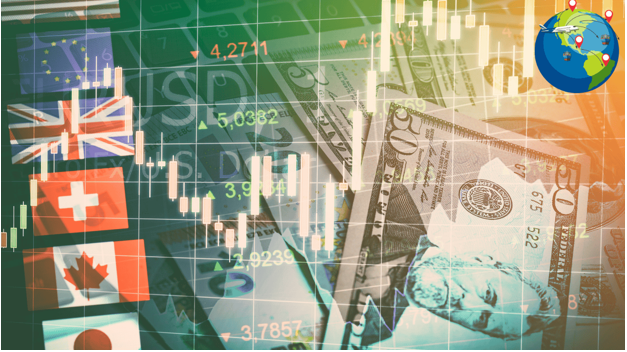
He said that in developed nations, multimodal trade corridors play a pivotal role. They are not just a transport strategy — they are a lifeline for the economy, he remarked. “Whether it’s farmers, exporters, or tech startups–everyone benefits from better connectivity,” he said.
He said that information technology is changing everything, and that we also need to find ways to improve our transport systems. We must make the movement of goods easier so that items can be delivered smoothly within the country and abroad, he emphasized.
He mentioned a recent example from Sindh, where people blocked roads for several days. Because of the road blockade, he said, exporters were unable to send their goods overseas on time. These situations, he said, create serious problems for international buyers.
Zia Hussain explained that international buyers had already committed delivery dates for new products to their customers. When the products don't arrive on time, it damages their reputation. In some cases, buyers can even claim financial compensation for the delay, he added.
“In the current situation, there is a strong need for the government to plan for the future by developing multiple modes of transportation. If trade operations improve, the economy will grow, more jobs will be created, and people will begin to lead more prosperous lives,” he said.
Dr. Muhammad Ashraf of the Government College University Faisalabad told WealthPk that transportation is the backbone of any business, and multimodal trade corridors will surely help strengthen the national economy. He said that all these corridors connect roads, railways, ports, and airports, enabling traders and exporters to move goods faster and more cheaply across the country and beyond.
However, it is a million-dollar question: Are we using this opportunity wisely? What challenges are we facing? And how can it help everyday businesses and the economy? The people at the helm of affairs must work on these issues to provide effective transport facilities to traders and exporters.
He said that Pakistan needs to introduce a smart transport system, and a multimodal trade corridor can help achieve this goal. We must use different types of transportation— like trucks, trains, ships, and airplanes — all working together. For example, a product might start its journey by road, move on to a train, and finally fly out from an airport at lower rates, he suggested.
The goal for this entire system is to reduce time, save money, and make trade smoother. Countries with efficient corridors attract more trade and business, he added. He said that Pakistan enjoys a huge advantage because of its location, as it is near Central Asia, China, India, Iran, and the Arabian Sea.
“By creating proper trade corridors, Pakistan can become a regional trade hub– which means more exports, more jobs, and better income for small businesses. To fully exploit the transportation system of Pakistan, other countries will also start investing here. Without efficient transport, our products become too expensive in the global market,” he said.
Credit: INP-WealthPk


